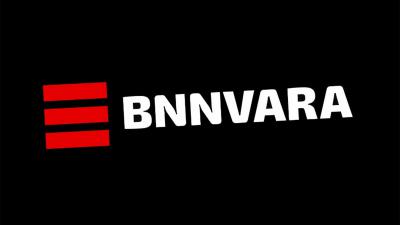Deciphering Integration: What Does it Truly Entail?
The Dutch have recently been vocal about their concerns regarding foreigners’ integration—or lack thereof—into their society. Molly Quell, a regular columnist, delves into the perplexing concept of integration and what it truly entails.
Headlines in publications like the Parool and NH Nieuws ponder whether expats in Amsterdam should undergo integration courses or express discomfort over excessive English usage in Haarlem. Individuals express frustration over relatives’ failure to grasp Dutch fluency despite residing in the country for years.
The consensus appears to be that internationals in the Netherlands aren’t meeting integration expectations. Labour city councillor Lian Heinhuis urges companies hiring foreigners to take proactive steps to facilitate integration, questioning why some migrants are expected to integrate while others are not.
In reality, integration is not mandatory for everyone. Different categories of foreigners face varying legal requirements for integration. For instance, asylum seekers must pass inburgering exams to obtain residency permits, whereas expats, typically high earners on temporary work assignments, face no such obligation. However, their residency rights are contingent upon their employment status.
While expats may live in the Netherlands for years without any integration requirements, those seeking long-term residency must pass inburgering exams, irrespective of their background. Yet, passing these exams merely scratches the surface of true integration.
Integration is often reduced to language proficiency and cultural assimilation, as evidenced by the inburgering exams. However, true integration encompasses more than language fluency; it involves social connections, cultural understanding, and shared experiences.
Despite efforts to encourage expats to integrate, living in a bubble—surrounded by familiar faces and languages—is often the norm. Even if expats learn Dutch, they may find themselves conversing in English, as many Dutch people are proficient in the language.
Moreover, integration is a two-way street. While expats strive to adapt to Dutch culture, Dutch society must also be open and inclusive to newcomers. Unfortunately, some expats encounter resistance when attempting to integrate, facing language barriers and cultural misunderstandings.
However, true assimilation into Dutch society may be unattainable for many expats, given their diverse backgrounds and experiences. Embracing cultural diversity should be celebrated rather than stifled, as it enriches society and fosters mutual understanding.
Ultimately, integration should not be measured solely by language proficiency but by the ability to build meaningful connections and navigate cultural differences. As Dutch society grapples with integration challenges, fostering inclusivity and embracing diversity remain essential goals.




